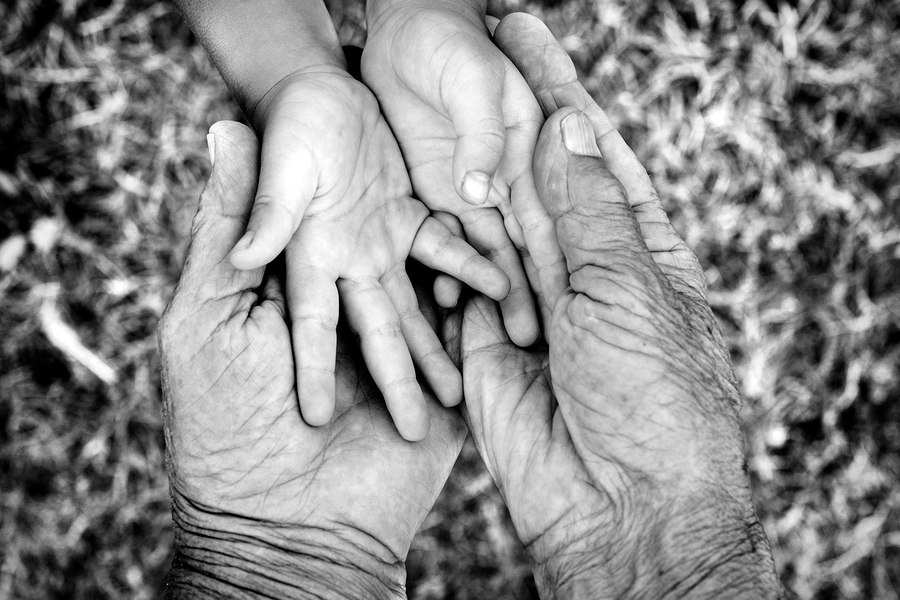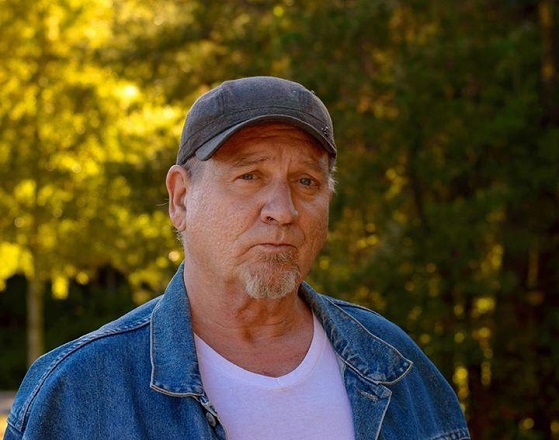A Birthing Day Reminiscence.

{source}
Reading a good novel is, for me, like reading poetry: I don’t read for the subject matter so much as I read for the moment when the language transcends the subject and transports me to another dimension of perception about life.
This just happened to me while reading Zero K by Don DeLillo. He wrote: “When my mother died, at home, I was seated next to the bed and there was a friend of hers, a woman with a cane, standing in the doorway. That’s how I picture the moment, narrowed now and always, to the woman in the bed, the woman in the doorway, the bed itself, the metal cane.”
That paragraph stopped my linear reading of the story, and prompted this spontaneous and unexpected recollection and meditation. I suddenly recalled, vividly, the last day of my mother’s life. She was in a hospital bed, gasping for air, barely clinging onto life. I had been taking care of her at home, with the support of hospice.
She was 88 years old. So, of course I knew she was dying, and I wanted her to do it at home, comfortably, and with dignity. I felt I owed that do her — not as in a debt, but a cosmic and sacred one. She brought me into this world, and made sure I had a good life; I, in turn, wanted to make sure she left this mortal world comfortably, feeling loved and appreciated.
But she had a mini-stroke in the middle of the night, and the next morning, my sister called an ambulance rather than someone from hospice. I was too tired to fight. Caregiving for a terminally ill parent is one of the most challenging and exhausting experiences one can undertake.
My mother was no longer ambulatory, so I had to carry her wherever she needed or wanted to go. I was feeling dangerously tired — risking my own well-being as well as my mother’s safety. A few days of her getting around-the-clock care from someone else might be good for her and let me get some rest. I needed strength. I knew what was coming next.
But my sister would not accept that our mother was dying, and insisted that she stay in the hospital where every modern gimmick for sustaining life beyond its natural course would be employed .
I went to court and demanded that my mother be released from the hospital and returned to my care with the support of hospice. The court rejected my plea because my mother was not in any danger where she was; there was reason to move her.
Danger? It seemed such an odd word to use in this circumstance. She was dying. She had overcome all of life’s dangers for nearly nine decades; all the dangers were gone now, she simply wanted to rest. The only real danger was for her not being able to do so.
But that’s ancient emotional/spiritual logic — what we know in our souls to be true. Apparently, there’s no place for that in a modern court of law.
It was only a few days later that I would see my mother for the last time, gasping for breath, hooked up to machines. My sister was there. And she had a friend with her, a co-worker who neither I nor my mother had ever met. As I sat bedside with my mother, holding her hand, this stranger tells me that the nurse says it’s okay to talk to them even when they are comatose, they can still hear you. Really?! I squeezed my mother’s hand in reaction, and I felt her squeeze back. It was our code for Yeah, there’s another asshole. Don’t let them get you upset. Just ignore ’em.
The nurse in attendance recognized my discomfort, and curled her finger at me to come and talk with her. Outside the room, she told me that she understood how I was feeling. Then she said that she would set up a cot for me where I could stay with my mother through the night, most likely her last.
Before leaving, I instructed my sister, in no uncertain terms, to not leave our mother alone. If she felt she had to leave before I got back later, she should call me and I’d come back immediately.
While I was packing a few things for the overnight at the hospital, I got a call from my sister telling me that our mother had just passed away. I immediately asked her if she had been there with her. In the pause, I could hear the lies and excuses being conjured.
I hung up the phone, and felt something squeeze my hand.
This reminiscence also coincides with my birthday. Something, as an adult, I always referred to as my ‘birthing day’, in honor of my mother, not me — after all she did all the work.
Rest in Peace!
***
{Join us on Facebook, Twitter, Instagram & Pinterest}

